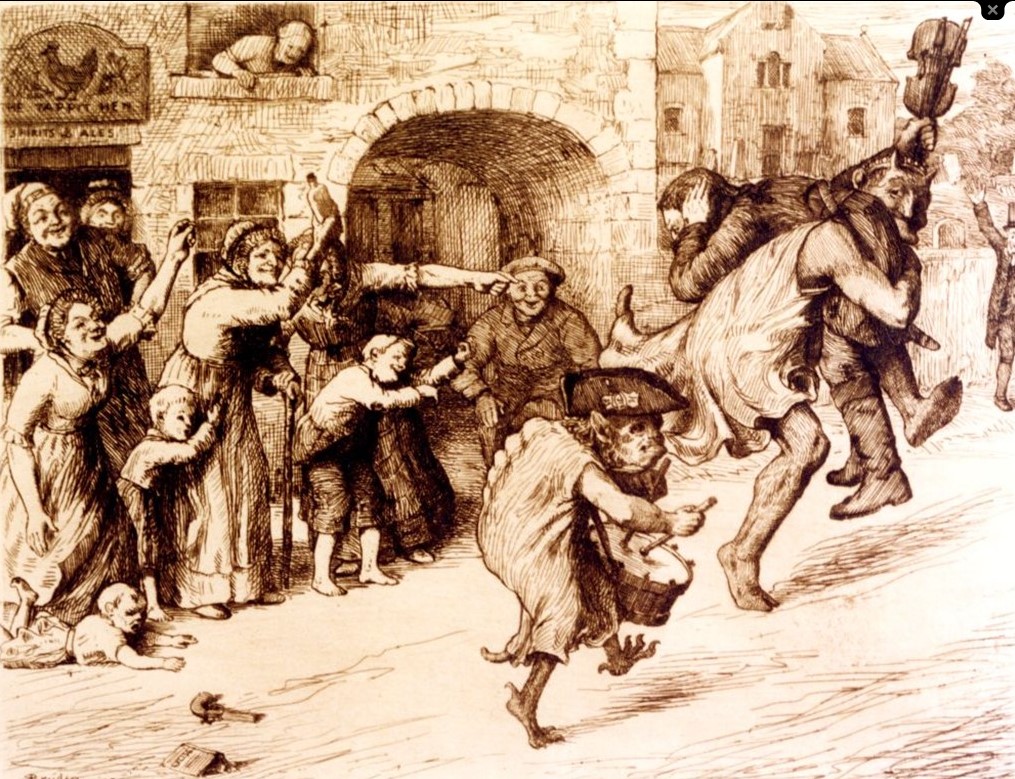In 1789 Burns became an Excise Man for reasons best known to himself. Excise men in the 18th Century, to put it mildly, weren’t well liked. Traffic wardens aren’t popular nowadays but Excise Men were a lot, lot, less popular than Traffic Wardens. They did terrible things to people like smash their stills and confiscate fine beverages that came ashore in the middle of the night up the coast. They were the law and the law wasn’t fair.

Burns was a gregarious character who loved to be loved so the chances are he didn’t have the right approach for the job. He wasn’t a great Farmer and probably wasn’t a great Excise Man either. This is borne out by the fact that by 1794 he knew that he was not going to be promoted. Indeed, it is likely, that he was just about tolerated by his jobsworthy colleagues.
Burns was never cut out for hard work and in fairness he probably wasn’t capable because he had a heart condition. Being an Excise Man got him out and about, was a fairly steady job and it paid a wage. Another reason he never got promotion was because of his other job. Poet, songwriter and social commentator. The duty of all good excise men was to uphold the laws of the land and ensure a steady revenue stream into the coffers of the exchequer while while dealing out justice to all those who would associate themselves with untaxed liquor. Burns himself must have savoured many a glass of fine French claret on sale at a very reasonable price. His song The Deil’s awa wi the Excise Man puts him fairly and squarely on the side of the smugglers and bootleggers.
To be a traffic warden you have to have a serious approach to your work and likewise with an 18th century excise man. Was Robert Burns heart in the job ? well no, probably not.
